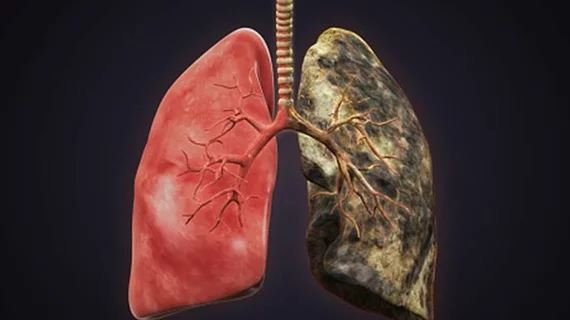Internationally trained AI yields generalizable COVID lung catcher
NIH researchers have demonstrated the wide—potentially worldwide—applicability of a COVID-detecting AI system that was trained on chest CTs from four hospitals in three countries.
The deep learning technique was able to tell COVID pneumonia from pneumonias of other origins with close to 91% accuracy, 93% specificity and a false positive rate of 10%.
First author Stephanie Harmon, PhD, and colleagues trained their system on chest CTs from patients in China, Japan and Italy, then tested it on demographically mixed patient cases from the U.S. and elsewhere.
The study is running in Nature Communications.
“While CT imaging may not necessarily be actively used in the diagnosis and screening for COVID-19, this deep learning-based AI approach may serve as a standardized and objective tool to assist the assessment of imaging findings of COVID-19,” the researchers comment in their discussion section.
A blog post from Nvidia, which supplied the platform on which the team developed its models, notes that the system’s ableness in differentiating between various pneumonias could make it useful when flu season settles in this fall.
Nvidia says subsequent models may include prognostics, resource allocation, point-of-care detection for isolation of asymptomatic patients or other applications.

